Photo Journal: The River of Grass in Florida’s Everglades – Farlin Black
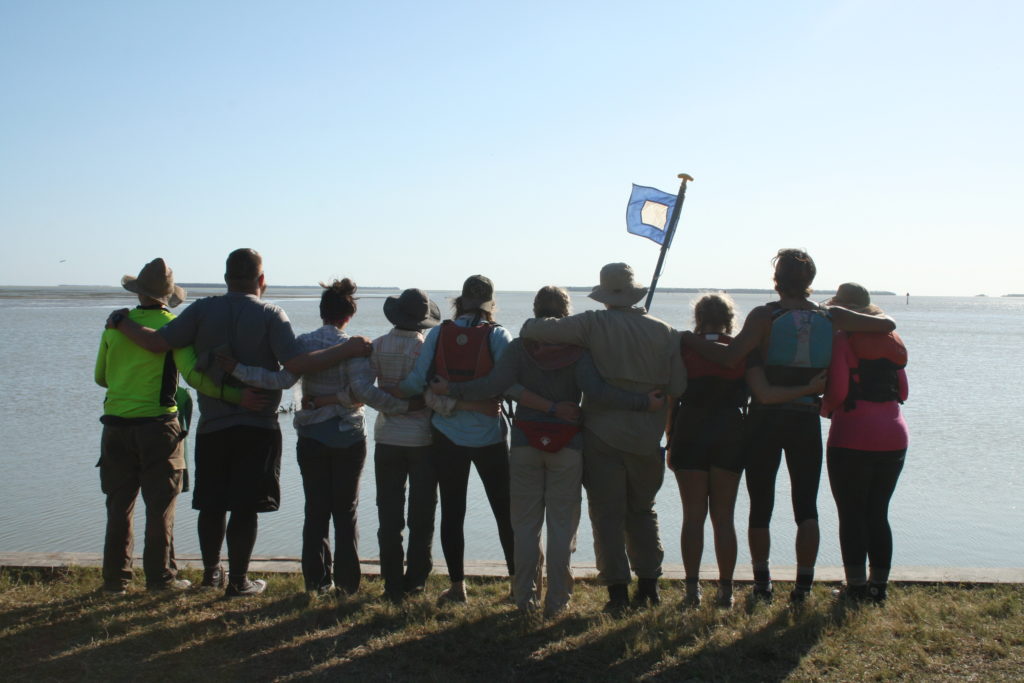
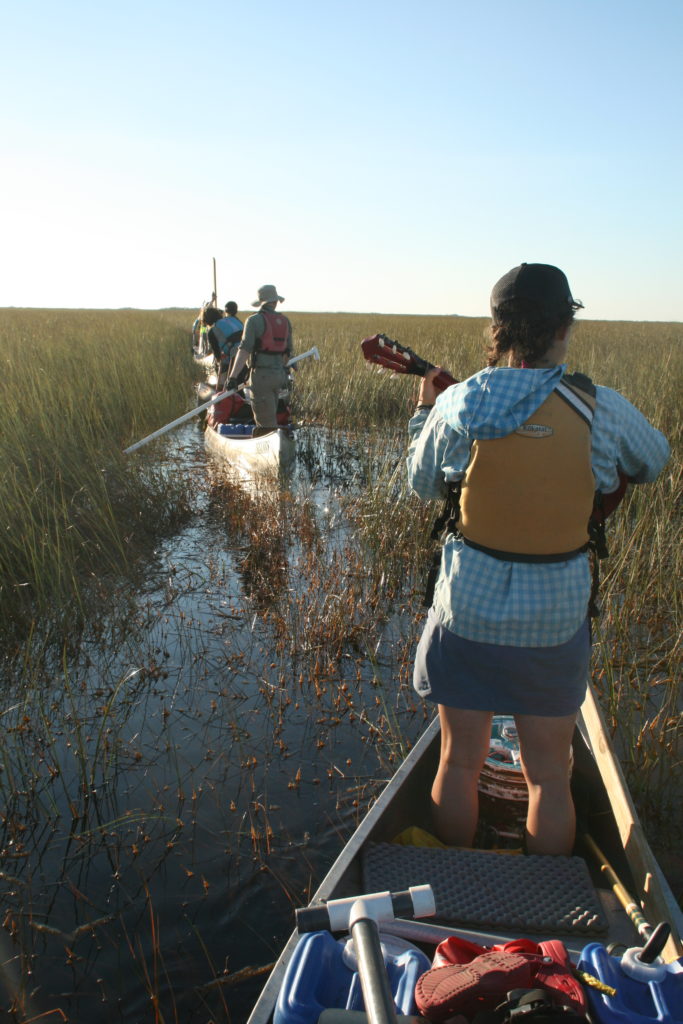
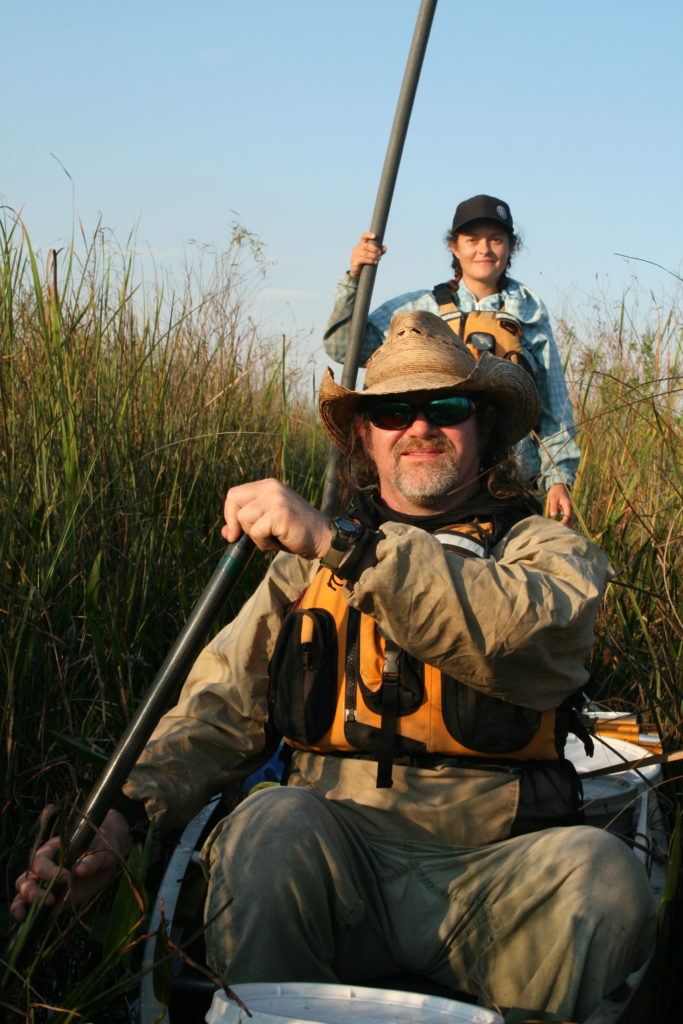
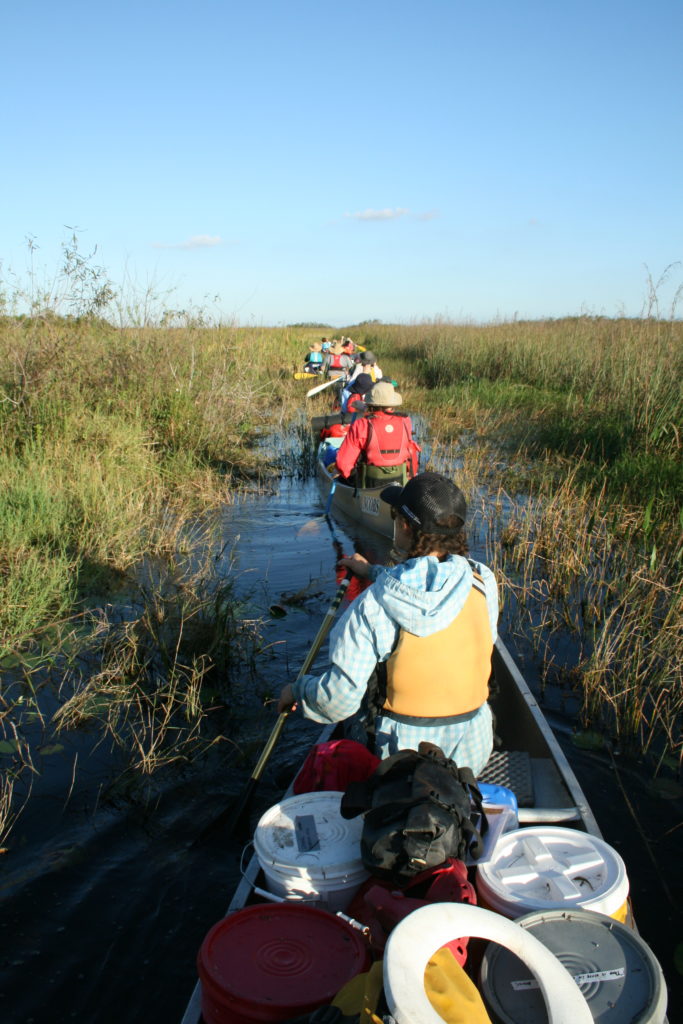
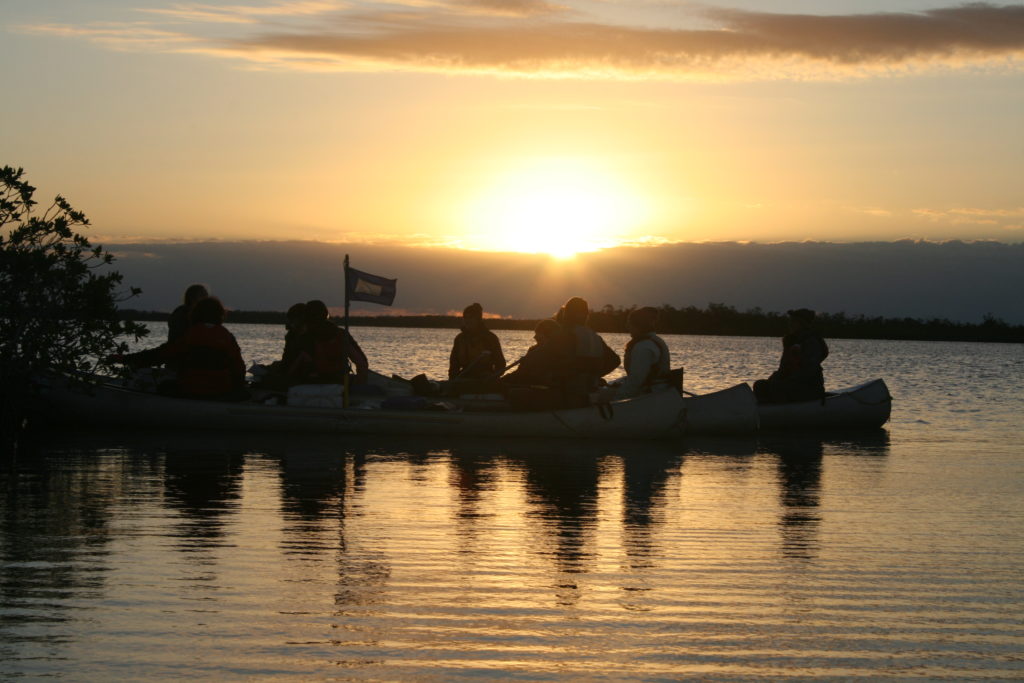
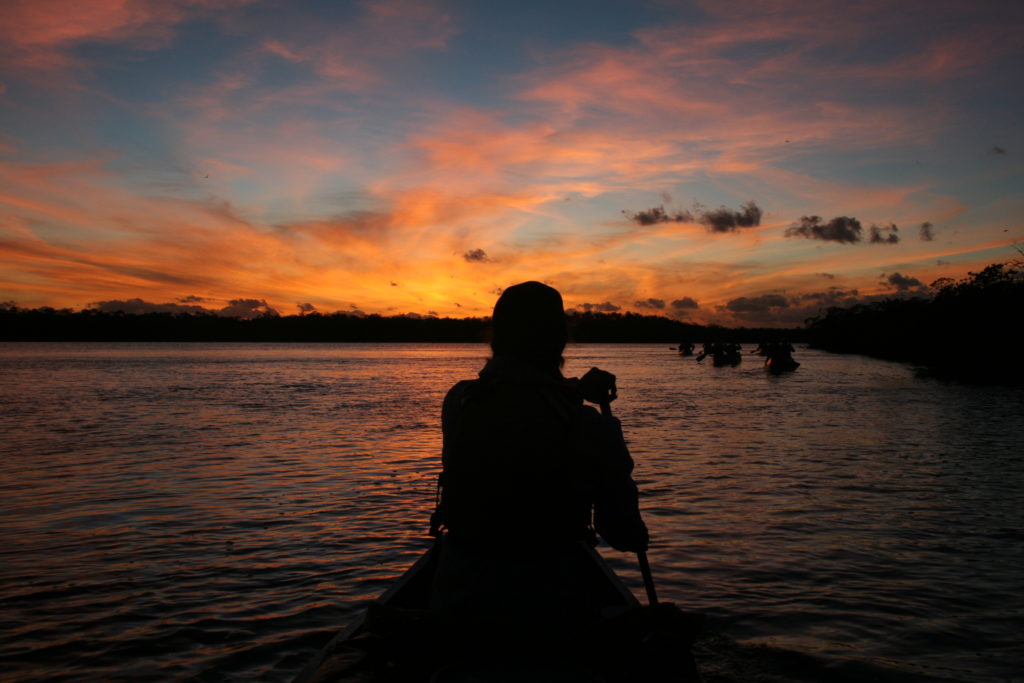
The Hunter’s Mind – An Alternative Perspective on ADD/ADHD
In the course of a year we work with dozens of schools and organizations, and many hundreds of young participants. Invariably, some of these young people have an ADD or ADHD diagnosis. It would be all too easy to lump these folks into some sort of confining category – unfortunately this is sometimes something that we witness – and let that negatively affect the ways in which we relate to these young people.
Thom Hartmann’s Hunter & Farmer breakdown of ADD has been an invaluable tool for us at AIAO as we try to understand and work best with some of our own staff, as well as the young people we serve who have ADD/ADHD. In its simplest form, Hartmann’s hypothesis states that what are now labeled as maladaptive and disruptive traits (i.e, disordered behavior) has had tremendous value in humanity’s evolutionary past. It’s just that culture and society have shifted so quickly that these once highly-valued and necessary attributes that allowed individuals and cultures to thrive, don’t fit as easily into the slowed down, modern farmer’s (agricultural) society that most humans now live in.
Check out the simple chart below for a simple breakdown of the hypothesis. You can also check out Hartmann’s book and additional information here.
Onward!
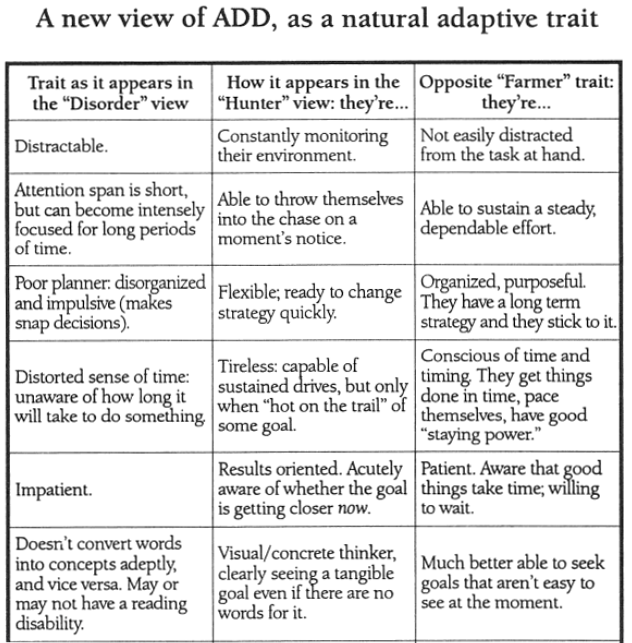
How a river can move you
We all know that unstructured play is of the utmost importance for kids. Especially in these modern times where kids days are highly activity structured, they have benchmarks to meet in relation to academic standards, and technology has an amazing capacity to mesmerize their attention.
Here is a video that speaks to the limitless expression of outdoor play and nature connection, and which makes us here at the office reflect on how we choose to engage or not engage in our surroundings and how we all, large and small, can enjoy and benefit from play……
When was the last time you spent a day by a river?
Going outside, as the doctor ordered….
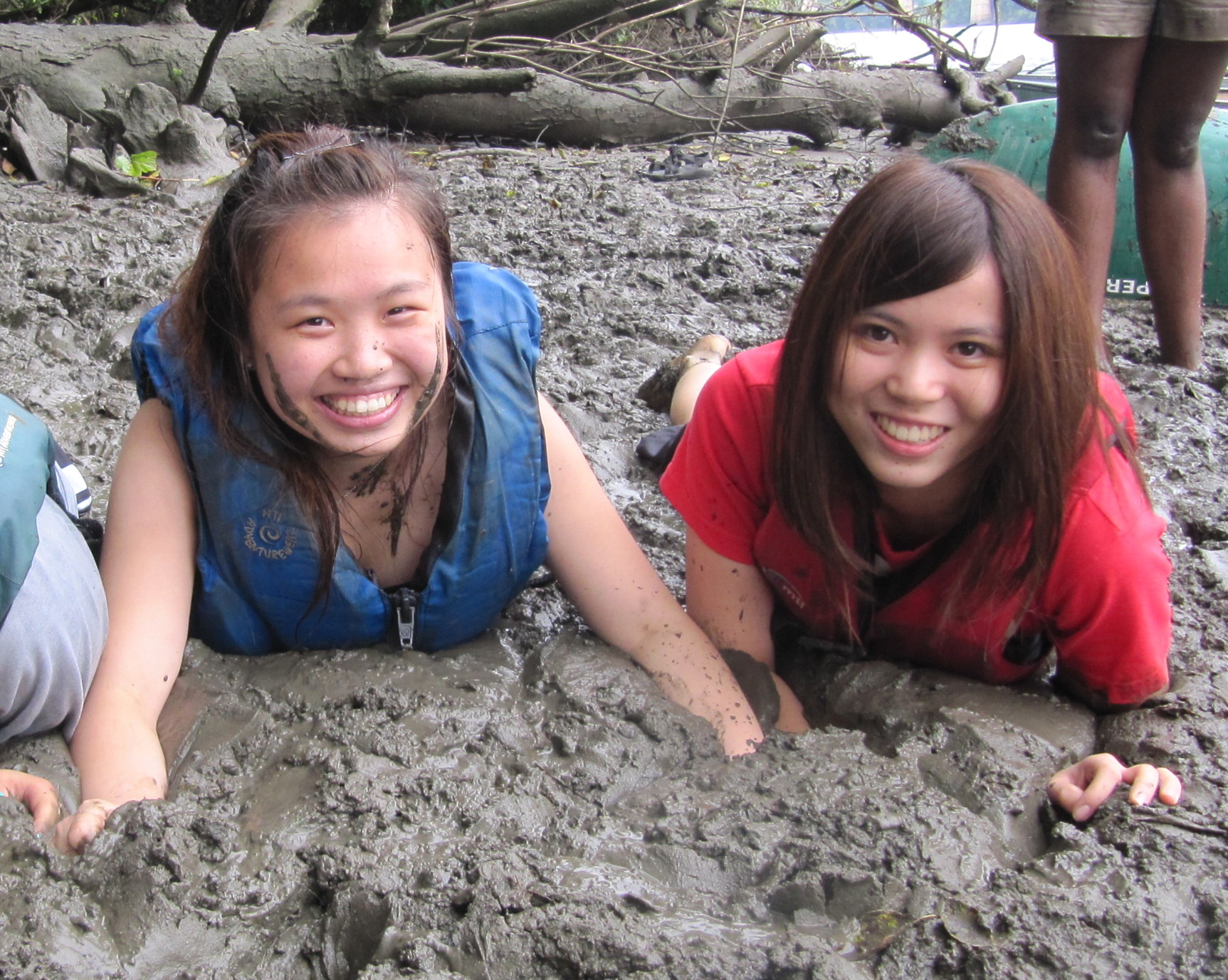
There is a movement afoot in which doctors can prescribe the outdoors to patients!
The movement started in 2011 by a Washington DC pediatrician by the name of Robert Zarr as a means to fight obesity, chronic disease and ‘nature deficit disorder’, doctors are sending folks outside.
Parks Rx, which is a program under the National Park Service’s Healthy Parks Healthy People initiative, includes a newly created database that chronicles some 350 parks and helps match patients to local outdoor venues. The care providers and patient discuss what might be an enjoyable outdoor activity that would have strong health benefits – this information goes into the database as well to help determine the actual prescription.
This is both a wonderful development and a somewhat disturbing testament to how separated many people are from being physical in the natural world. How about getting outside to play, recreate and exercise BEFORE the doctor tells us to?
We can call it prevention.
The Problem of Plenty
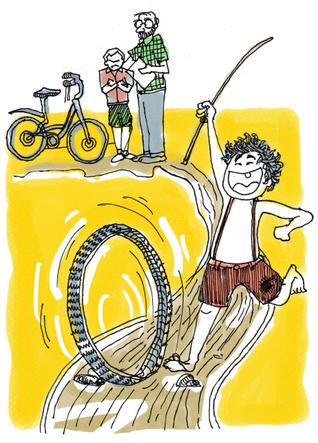
Another well-penned piece about the problems of progress.
“Simple moments of joy have been hijacked by a need for bigger, flashier entertainment. Is the art of simply being happy forgotten?
It is a common well-rehearsed urban scenario. At a coffee shop where a group of people are ordering a meal. There is a lot of discussion — brown bread vs multigrain; cappuccino vs latte; penne vs fussilini. The deliberations are endless and an entire time span has been spent on befuddling the waiter further, with various permutations and combinations.
When the meal arrives, the group is too preoccupied with their gadgets and phones to even enjoy the meal. Much time is spent in photographing their choices and uploading it onto the web. The actual time spent on the meal is a harried one. And when they leave; they are already talking about their next universe of multiple choices!”
To read Anuradha Shyam’s full article, visit The Hindu.
Look Up!
Ironically, as of this writing the Look Up video has almost twenty-one million views(!), and for good reason: it’s a heart-string-tugging call to all us technologically-mired and connection-challenged individuals.
While I can’t deny that it was conceived of, and created, from a specific vantage point, I think that Gary Turk as done a phenomenal job shining a light on a serious issue in our culture.
I’ll let the video speak for itself. Enjoy.
Richard Louv on Education and Nature Deficit Disorder
In this clip from Mother Nature’s Child, journalist and author Richard Louv discusses the negative effects of modern education and its impact on both students and teachers. Referencing the numerous recent studies on children and exposure to nature, Louv jokes that “if you want your kids to get into Harvard, tell them to go outside.” He also asserts that “when we take nature away from people, we take away their ability to be full human beings.”
Today’s lesson, no matter your age: Go outside and play!
 Adventure In Adventure Out
Adventure In Adventure Out